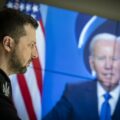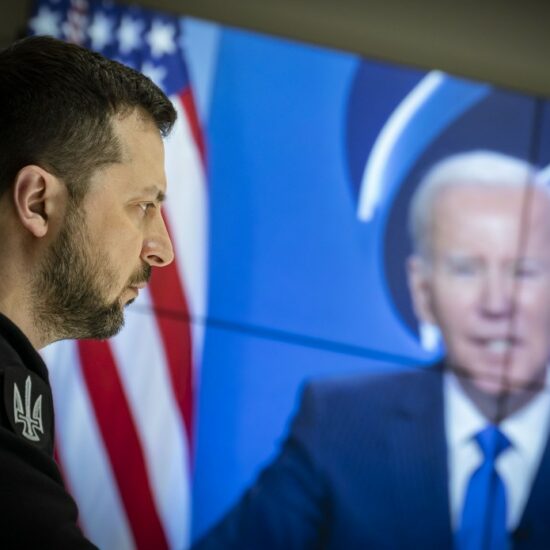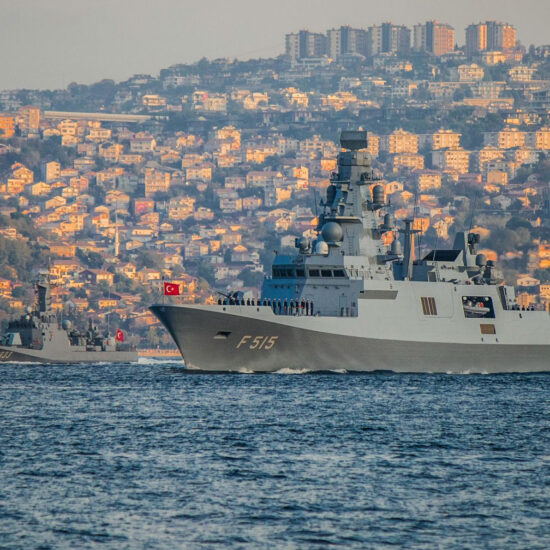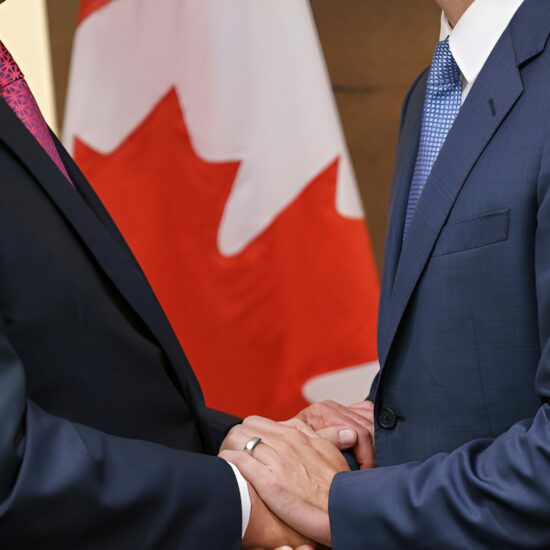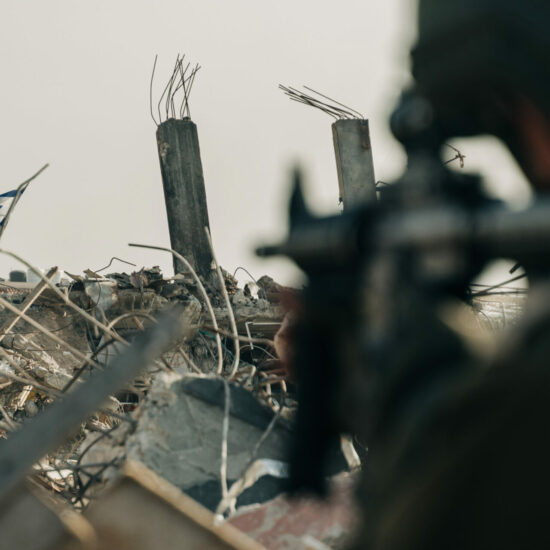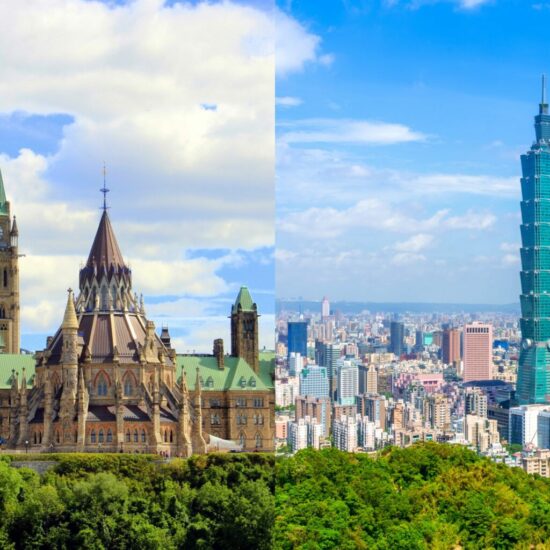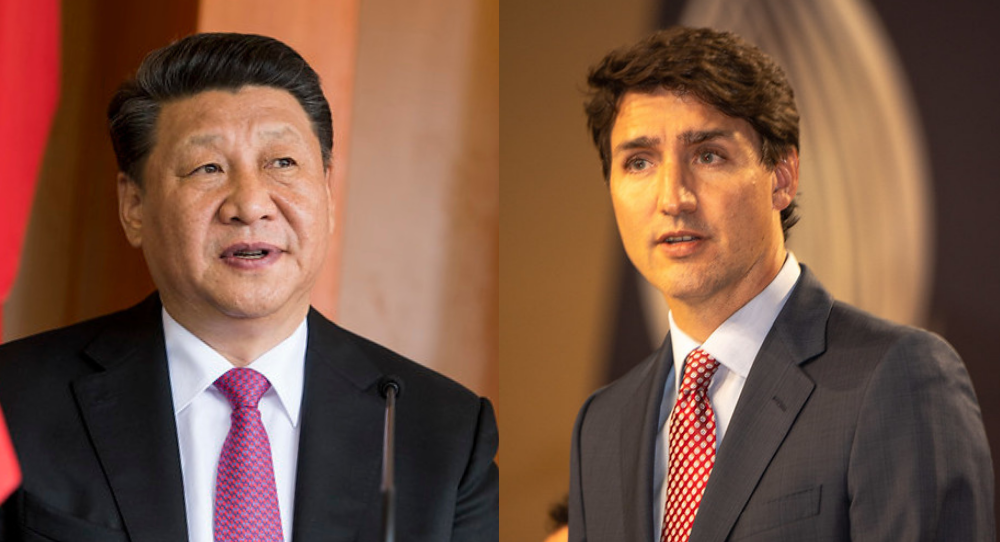
Image credit: Paul Kagame, michael_swan
Canadian exports to China helped Canada soften the blow of its pandemic recession, providing a leeway to compensate for lower trade volumes with Canada’s southern neighbour.
The Chinese economy has begun its post-Covid economic recovery, expanding by 2.3% in 2020 and becoming the only G20 country to grow in the last year. The World Bank forecasts that the Chinese economy will grow by 7.9% in 2021. This robust recovery also helped lessen the severity of the global financial downturn. Surprisingly, despite the short-term contraction in the Chinese economy and increased political tensions between Ottawa and Beijing, Canadian firms increased their exports to China. From January to September 2020, compared to the same period in 2019, Canadian exports increased by 4.22%, while exports to other countries were down 15%. The decline in the US economy has led to increased trade activity between Canada and China. For example, amid a slowdown in US economic activity in May 2020, Canadian crude that normally travels to the American West Coast found a new market in China. In other words, Canadian exports to China helped Canada soften the blow of its pandemic recession, providing a leeway to compensate for lower trade volumes with Canada’s southern neighbour.
Meanwhile, the Biden administration’s expected executive orders on blocking the Keystone XL pipeline and strengthening of “Buy American” rules have worried Canadian officials and business leaders. Prime Minister Trudeau has asserted that he will argue for protecting the pipeline while the Canadian Manufacturers & Exporters (CME) association has urged the federal government to engage the new administration to secure access to the US government procurement market for Canadian manufacturers. Protectionist sentiments have become mainstream in both of America’s major political parties and have further necessitated the imperative of diversifying Canada’s export markets.
On the other hand, as of November 2020, the two countries’ goods balance stands at -$2.6 billion, with $2.1 billion in exports and $4.7 billion in imports from China. More exports benefit the Canadian economy and further translate to more leverage in future negotiations with China and the Asia Pacific region as a whole. In this regard, new trade and investment arrangements are needed to facilitate and sustain the recent increase of Canadian exports to China. Moving forward, in order to build on the current level of trade activity between the two countries, Ottawa can adopt the European approach and work towards signing a comprehensive agreement on investment with China that protects Canadian business interests and allows for stable long-term trade relations with the country. The EU-China Comprehensive Agreement on Investment (CAI), signed in late December 2020, provided a more level playing field to European companies in China. For example, the CAI set rules against the forced transfer of technologies, addressing a major Western concern on intellectual property theft. Another example includes China’s commitment to phase out and remove joint venture requirements for the automotive sector, as well as removing joint venture requirements for banking services.
It is worthy of mention that during the Harper government, the two countries signed the Canada-China Foreign Investment Protection and Promotion Agreement (FIPA), which came into force in 2014. While this arrangement broadly addressed intellectual property rights and joint ventures, citing the two countries’ commitments to signed international agreements, FIPA’s legal text lacks CAI’s clarity and detailed obligations that facilitate a more fair playing field for foreign investors. It is imperative for Ottawa to address FIPA’s shortcomings and build on the 2014 investment agreement.
The timing of the EU-China CAI’s signing also demonstrates the European Union’s hopes for capitalizing on China’s post-pandemic recovery. If Canada and China address mutual political concerns, Ottawa can initiate a similar timely initiative. However, prior to any political breakthrough in Sino-Canadian relations, there must be a thaw in diplomatic relations in US-China relations. During the Trump administration, the arrest of Meng Wanzhou for violating US sanctions and the subsequent arbitrary detention of two Canadians, Michael Spavor and Michael Kovrig, negatively impacted bilateral relations between Ottawa and Beijing.
In this respect, there needs to be a shift in US-China relations to help improve Canada-China economic ties. While Joe Biden has refrained from signaling the lifting of tariffs in the short-term, experts argue that there will be an eventual dial-back on tariffs that target Chinese products. The Biden administration will instead focus on coalition building and employing a more diplomatic approach in tackling China’s economic rise. In parallel, Prime Minister Trudeau is expected to engage the Biden administration to help resolve the arrest of Canadians held in China. This diplomatic outreach is an opportunity for the Trudeau government to demand a goodwill gesture from Washington, particularly as the two countries continue to have differences over energy and trade policy. Nonetheless, scaling back the trade war and addressing the case of Meng Wanzhou and the ‘two Michaels’ will improve the broader Western-Chinese political relations, which can allow Canada to seize this opportunity to advance economic diversification, pursue arrangements similar to the EU-China investment agreement, and ultimately benefit from China’s post-Covid economic recovery.

